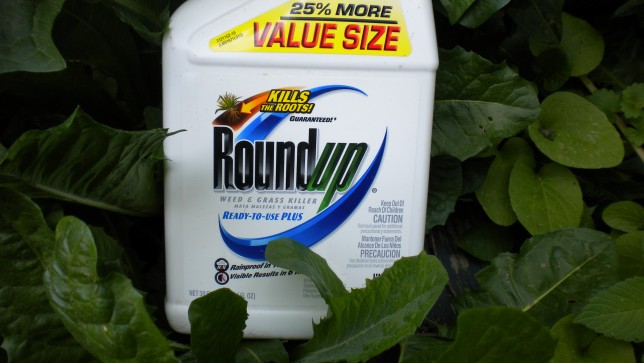The European Commission is proposing the re-approval of the controversial active ingredient glyphosate, which is used as a herbicide among other applications, for use in the EU for a further 15 years, until the next review in 2031.

The draft implementing act, which was made available to the European Parliament Wednesday, foresees the re-approval of glyphosate until 2031 and will be the subject of a meeting of EU government officials on 7-8 March at which they are expected to give their opinion.
Commenting on the proposal, Green agriculture and public health spokesperson Martin Häusling said:
“It is scandalous that the European Commission is willing to simply ignore the considerable scientific concern expressed about the health risks of glyphosate and is instead proposing to continue to allow its use for 15 more years, without any restrictions.
“The finding that glyphosate is probably carcinogenic to humans by the WHO should be leading to a global moratorium on its use. However, the industry lobby has been aggressively pushing to maintain its products on the market, at the expense of human health.
“While the European Food Safety Authority gave a positive assessment of glyphosate, this opinion itself has been subject to strong criticism in the scientific community. The European Commission cannot simply be rubber-stamper of EFSA opinions. Given the serious health concerns and conflicting scientific advice, the Commission should be respecting its duty to apply the precautionary principle and not steamrolling through approval of this highly controversial substance.
“To make things worse, the Commission is not proposing any legally-binding conditions for the use of glyphosate, despite even EFSA having acknowledged a long-term risk for mammals, and despite the endocrine disrupting properties of glyphosate not having been properly assessed. It is also proposing to permit its use more generally and not just as a herbicide, as was previously the case. We should not be rolling the dice when there is clear evidence of environmental risks and serious concerns of health impacts. As long as the manufacturers fail to demonstrate an absence of harm in a transparent manner, glyphosate should not be approved for use in the EU.
“EU governments must not give in to this perverted logic and should oppose the reapproval of glyphosate at their meeting on 7 March,” Häusling concluded.














